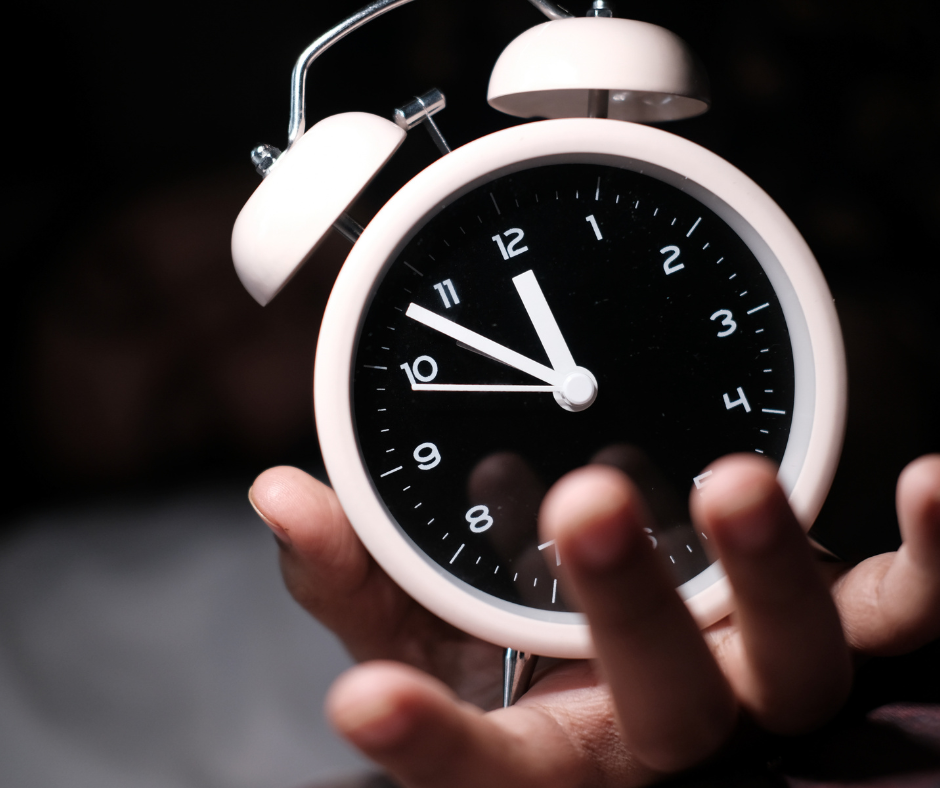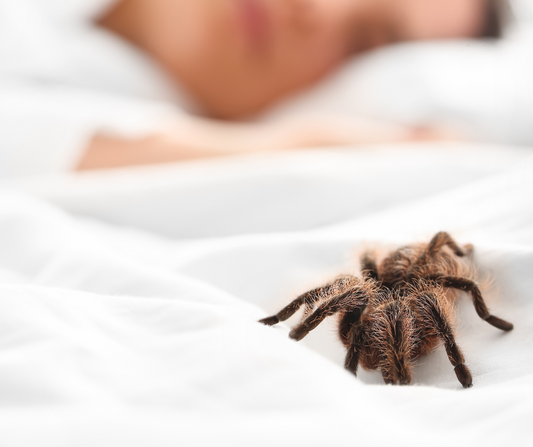Who doesn’t love an extra hour of sleep? I was stoked when I went to bed Saturday night knowing that my clock would be setting itself back an hour as I slept (on my MVMI pillow, of course!)
It’s a whole different ballgame in the springtime when I am suddenly jolted out of bed by my alarm, my eyes still heavy with sleep. Because the body’s natural circadian rhythm can take 5-7 days to adjust to the time change, the entire daylight savings ritual can be both inconvenient and exhausting. But more importantly, the science of sleep has pinpointed that losing a valuable hour when we “spring forward” may be more than a nuisance. According to the , scientific research supports the view that the disruption to the body’s internal clock could be a health hazard.
“Springing Forward” Results in an Increased Chance of Heart Attack
A New York study confirms that the Monday following the springtime change correlates to an astonishing 24% increase in daily heart attack rates. TWENTY-FOUR PERCENT! To make matters worse, the chance of experiencing a stroke immediately after the springtime change is 8% higher than an average day.
Although these facts are sobering, there is a bit of good news. Gaining that extra hour in the fall actually decreases immediate heart attack rates by up to 21% according to a Michigan study.
How Can We Prepare for Time Adjustments?
While we are riding on that extra hour of sleep, it might be a good time to consider a few health and lifestyle changes that can make the spring transition easier and equate to overall better health every day of the year.
- Get outside and enjoy the sunshine when possible. Vitamin D is vital to your sleep hygiene.
- Move more. Even a few paces around the office every hour can help. Or take the dog for a walk!
- Make smart food choices and achieve a healthy weight.
- Unplug from your devices and enjoy social connections with family and friends.
- Put the time in to develop healthy sleep habits.
Takeaway
Although the Daylight Savings ritual can wreak havoc on natural sleep cycles and is even potentially harmful to overall health, there are simple, positive steps that can be taken to make the time shift easier. Healthy sleep is a great place to start!
Join our Monthly Newsletter to Learn More about Sleep Science
Dream big, work hard, sleep ambitiously,
Joe Castignani



